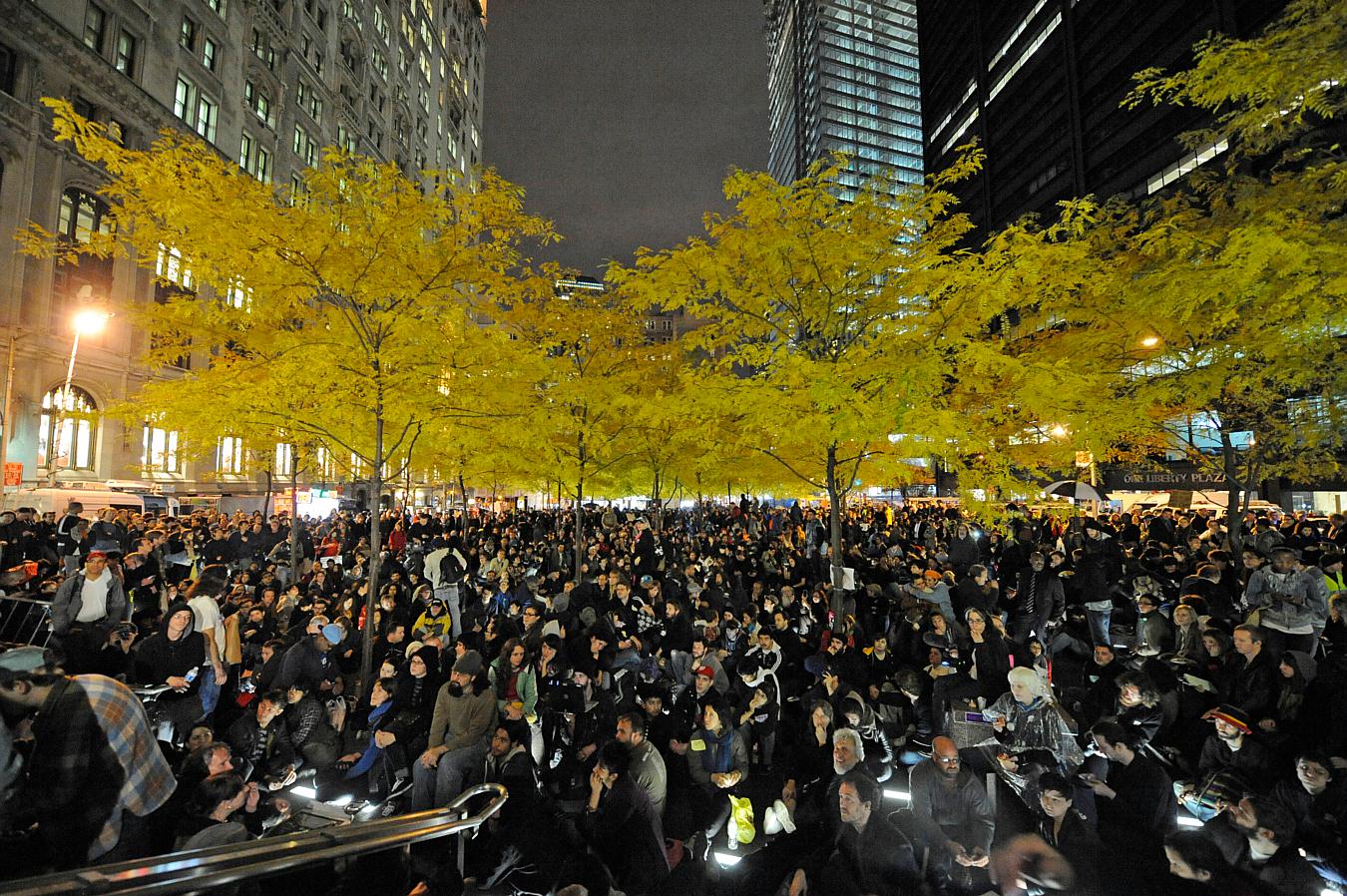@e_flux wrote:
![]()
In The Baffler, Astra Taylor writes about the emergence of the term "activism" and its gradual replacement of the more traditional term "organizing." While the latter emphasize patient, collective struggle guided by strategy, the former, write Taylor, emphasizes individual self-expression and posturing rather than results. Here's an excerpt:
Yet organizing is what the left must cultivate to make its activism more durable and effective, to sustain and advance our causes when the galvanizing intensity of occupations or street protests subsides. It is what the left needs in order to roll back the conservative resurgence and cut down the plutocracy it enabled. That means founding political organizations, hashing out long-term strategies, cultivating leaders (of the accountable, not charismatic, variety), and figuring out how to support them financially. No doubt the thriving of activism in recent decades is a good thing, and activism is something we want more of. The problem, rather, is that the organizing that made earlier movements successful has failed to grow apace.
In the sixties, Rudd, Dunbar-Ortiz, and their respective cohorts learned about organizing almost by osmosis, absorbing a model “developed and tested over many generations,” as Rudd put it. (Their ambient awareness of organizing, Rudd clarified in his talk, informed the years of preparation that made the celebrated 1968 Columbia occupation possible; ignoring those efforts in a fit of hubris is where the Weather Underground went wrong.) Today’s activists have come of age in a very different milieu. No one has a parent in the Party, trade unions are in terminal decline, and the protracted struggle of the civil rights movement, which has so much to teach us, has been reduced to a series of iconic images and feel-good history highlights.
To be an activist now merely means to advocate for change, and the hows and whys of that advocacy are unclear. The lack of a precise antonym is telling. Who, exactly, are the non-activists? Are they passivists? Spectators? Or just regular people? In its very ambiguity the word upholds a dichotomy that is toxic to democracy, which depends on the participation of an active citizenry, not the zealotry of a small segment of the population, to truly function.
Image of Zuccotti Park via occupy.com.
Posts: 1
Participants: 1
